Birthplace of Democracy
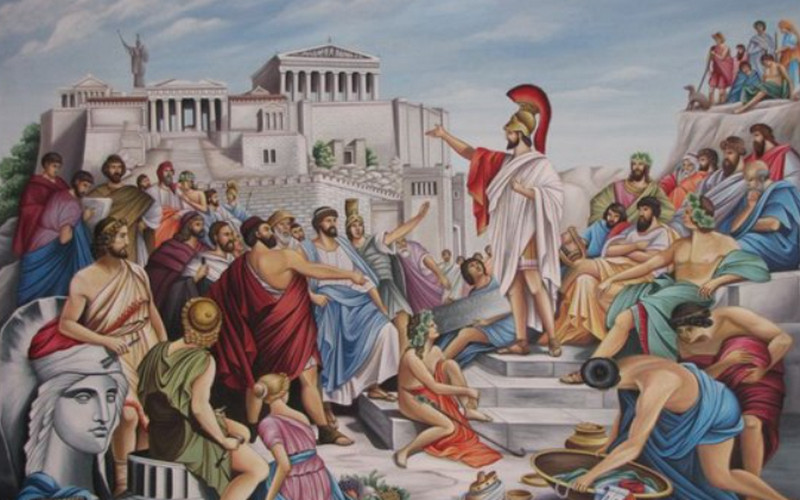
One of the most extraordinary gifts from ancient Greece is the concept of democracy. The term “democracy” itself finds its roots in Greek, originating from “demos” (people) and “kratos” (rule). Athens, in the 5th century BCE, pioneered a form of direct democracy, granting citizens the right to participate actively in decision-making processes. This revolutionary idea of government by the people laid the groundwork for contemporary democratic systems worldwide.
The Origins of the Olympic Games
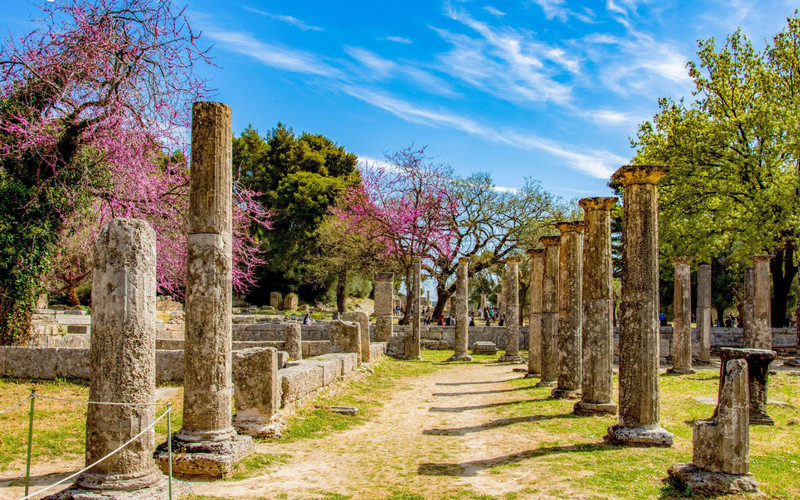
The Olympic Games, a global sporting spectacle occurring every four years, have their origins deeply embedded in ancient Greece. The inaugural recorded Olympic Games took place in Olympia in 776 BCE. Initially, these games were a religious festival dedicated to the Greek god Zeus. Athletes from various city-states engaged in competitions such as running, long jump, discus, and combat sports. Today, the Olympic Games persist in uniting nations through the spirit of friendly competition.
Philosophical Genesis
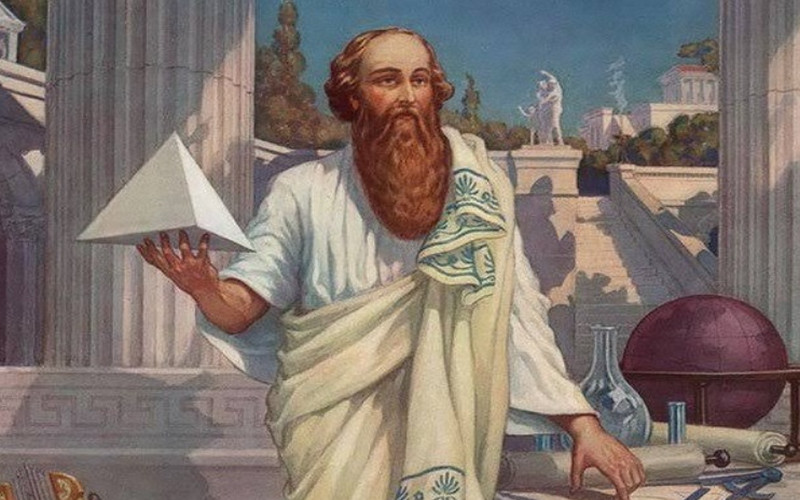
Greece stands as the birthplace of philosophy, with luminaries like Socrates, Plato, and Aristotle contributing significantly to the discipline. Socrates’ Socratic method, Plato’s “The Republic,” and Aristotle’s treatises on ethics, politics, and metaphysics have profoundly shaped Western philosophy, remaining subjects of study and debate among scholars worldwide.
The Epic Narratives of Homer
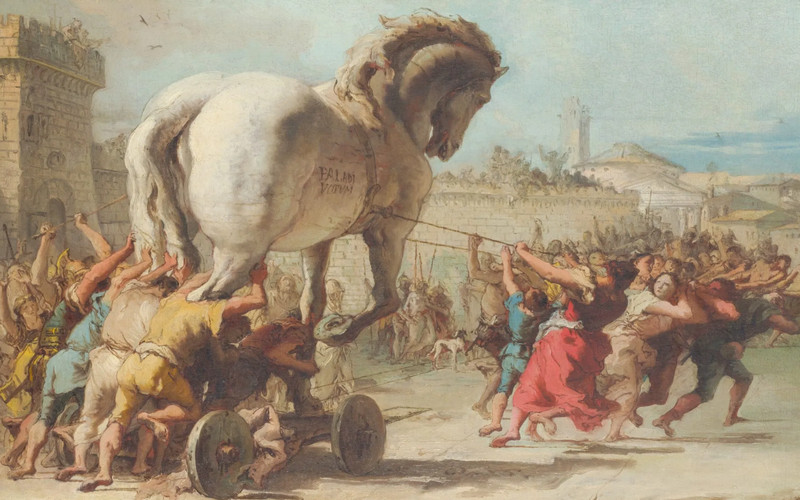
Attributed to the ancient Greek poet Homer, “The Iliad” and “The Odyssey” stand as foundational works of Western literature. “The Iliad” narrates the Trojan War and the hero Achilles, while “The Odyssey” chronicles the adventures of Odysseus as he strives to return home from the war. These epic tales have inspired countless writers, captivating readers with their timeless exploration of heroism, honor, and perseverance.
Alexander the Great’s Legacy
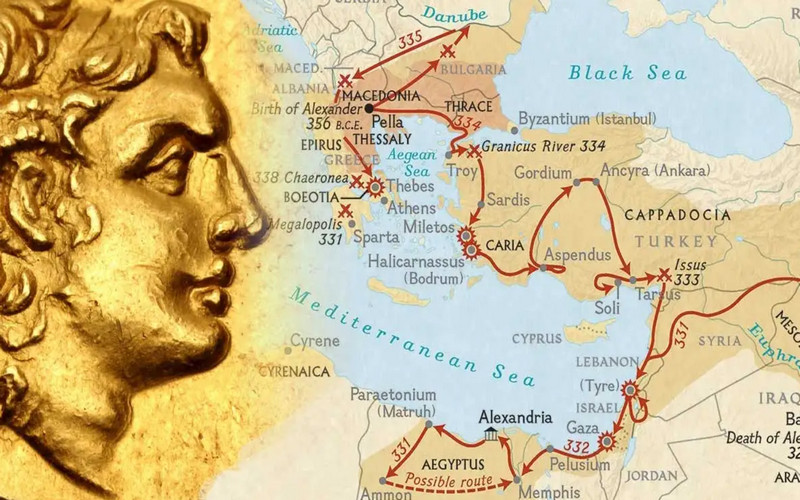
In the 4th century BCE, Alexander the Great, a Greek king of Macedon, etched an indelible mark on history through his conquests. His military campaigns spanned from Greece to Asia, culminating in one of the world’s largest empires. Beyond military achievements, Alexander promoted Hellenistic culture, melding Greek and Eastern influences and fostering cultural exchange across his expansive empire.
Architectural Marvels of Ancient Greece

The architectural feats of ancient Greece endure as a wellspring of inspiration for architects and designers. The Parthenon, a temple dedicated to the goddess Athena, exemplifies classical Greek architecture with its Doric columns, proportional harmony, and intricate friezes. These aesthetic principles have left an indelible mark, influencing structures globally.
The Library of Alexandria
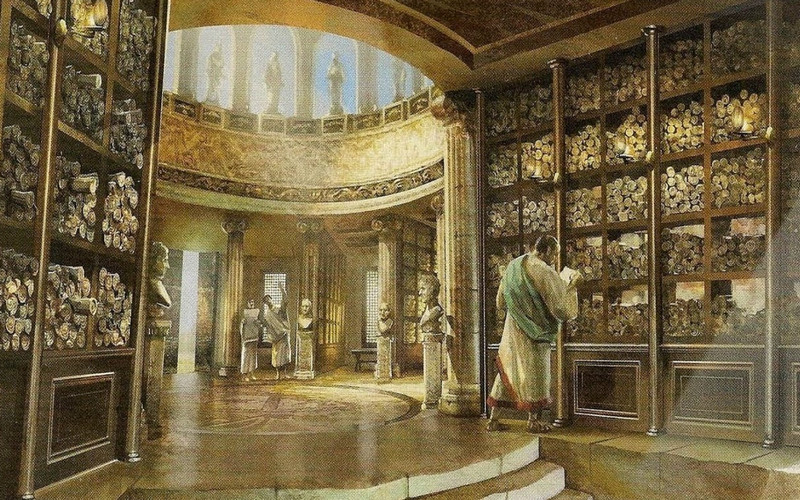
Founded in the 3rd century BCE in Alexandria, Egypt, the Library of Alexandria stood as a paramount center of learning in the ancient world. Although geographically distant, it bore the heavy influence of Greek culture and philosophy. Housing an extensive collection of manuscripts, the library drew scholars from across the Mediterranean, leaving a lasting legacy as a symbol of Greece’s intellectual contributions.
Contributions to Mathematics and Science
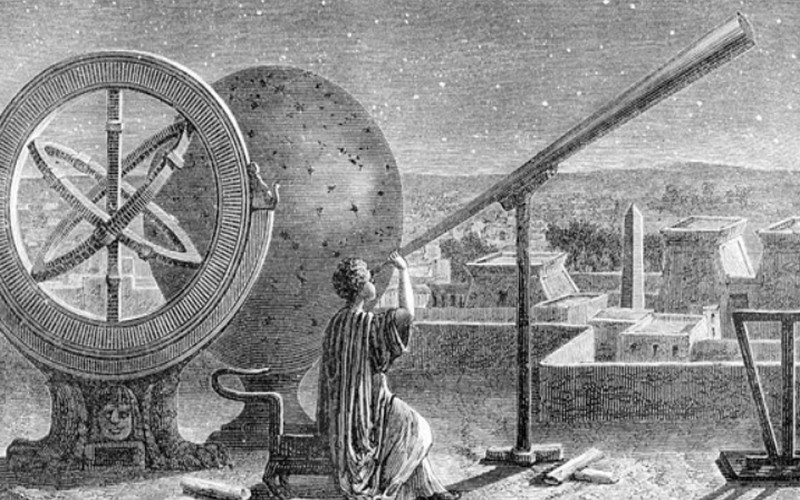
Ancient Greece significantly contributed to mathematics and science. Euclid, often hailed as the “Father of Geometry,” formulated geometric principles in his seminal work “Elements.” Simultaneously, Archimedes made groundbreaking discoveries in mathematics, physics, and engineering, including the renowned principle of buoyancy. These foundational discoveries continue to shape modern scientific thought.
The Greek War of Independence
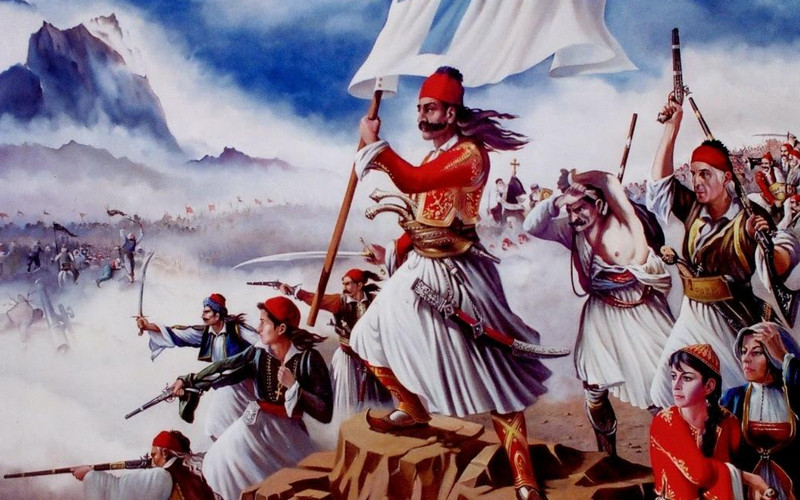
In the early 19th century, Greece waged a protracted war for independence against the Ottoman Empire. Beginning in 1821, the Greek War of Independence was fueled by a quest for self-determination and a resurgence of national pride. The struggle captured the imagination of the Western world, garnering support from philhellenes such as Lord Byron. Greece ultimately secured its independence in 1829, marking a pivotal moment in its modern history.
Membership in the European Union
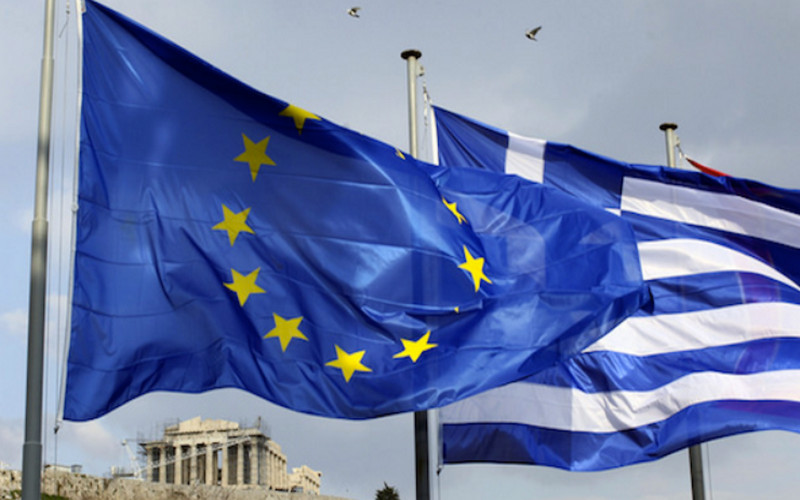
Greece became a member of the European Economic Community (EEC), a precursor to the European Union (EU), in 1981. Its inclusion in the EU has brought economic stability, infrastructure development, and increased global integration. Greece’s participation in this political and economic union underscores its commitment to a unified Europe and its ongoing influence on contemporary geopolitical affairs. Greece’s history weaves a tapestry enriched with threads of democracy, philosophy, literature, architecture, and scientific innovation. From its ancient origins to its modern contributions, Greece’s impact on the world is immeasurable. By comprehending and cherishing these remarkable facets of Greece’s history, we gain a profound appreciation for the enduring legacy of this remarkable nation.





















